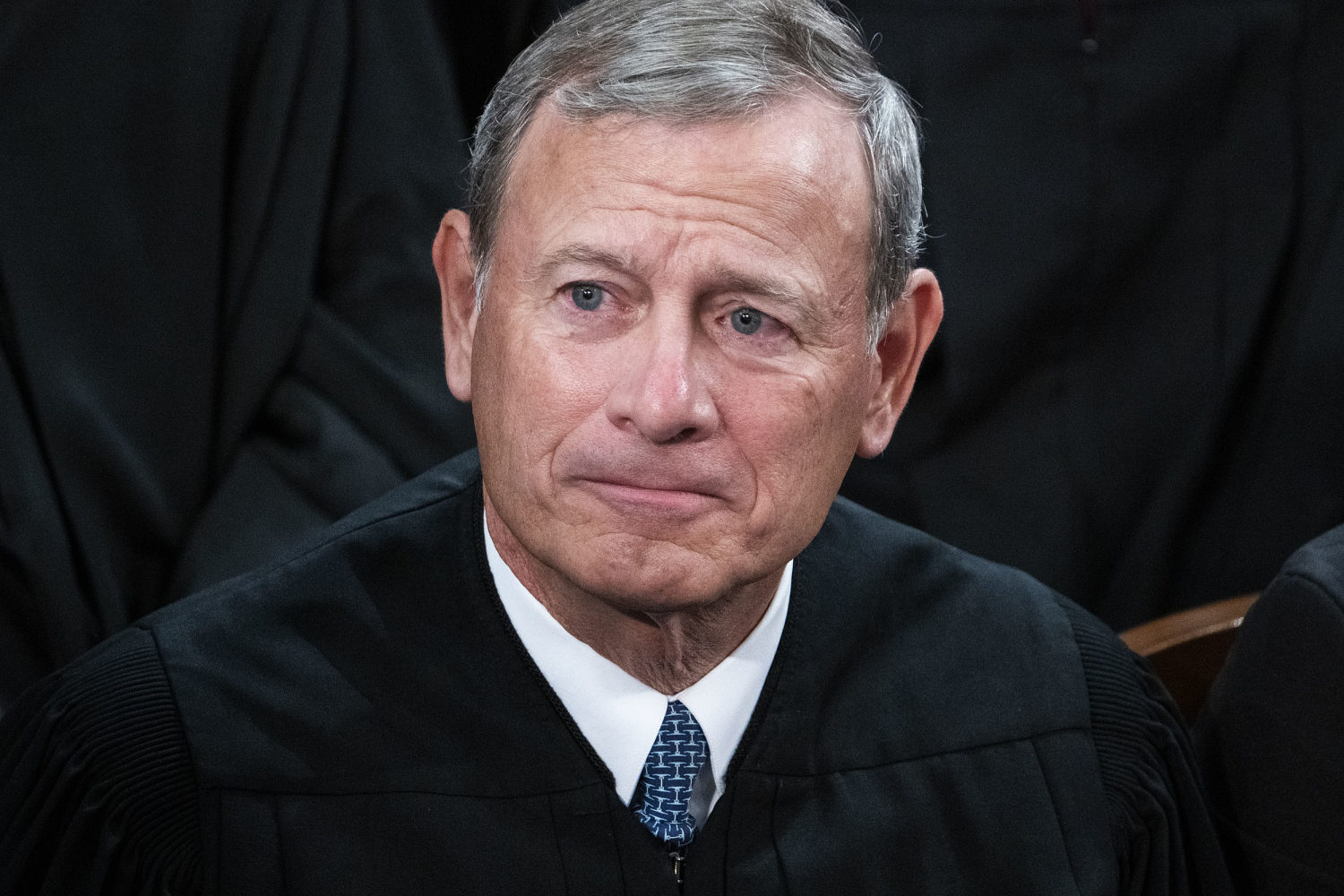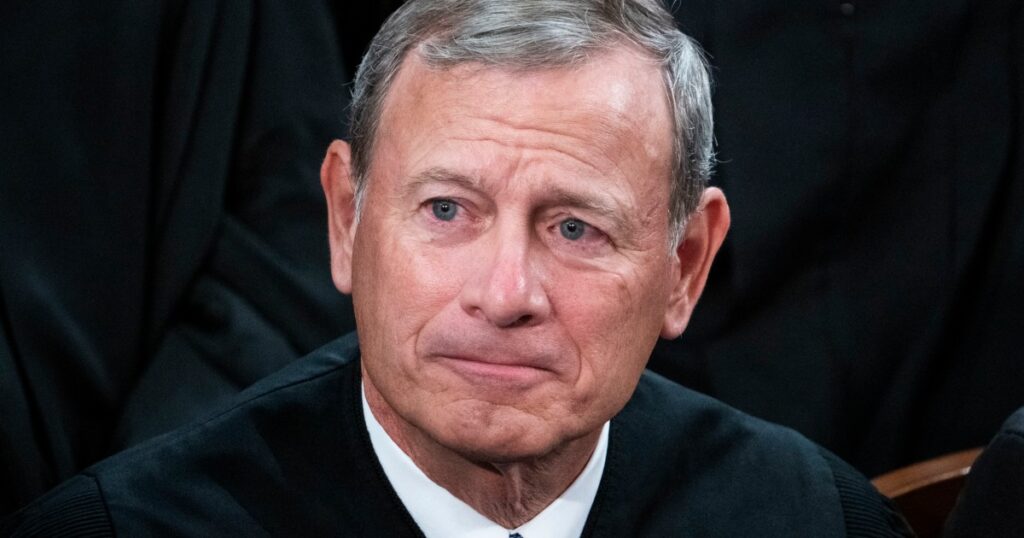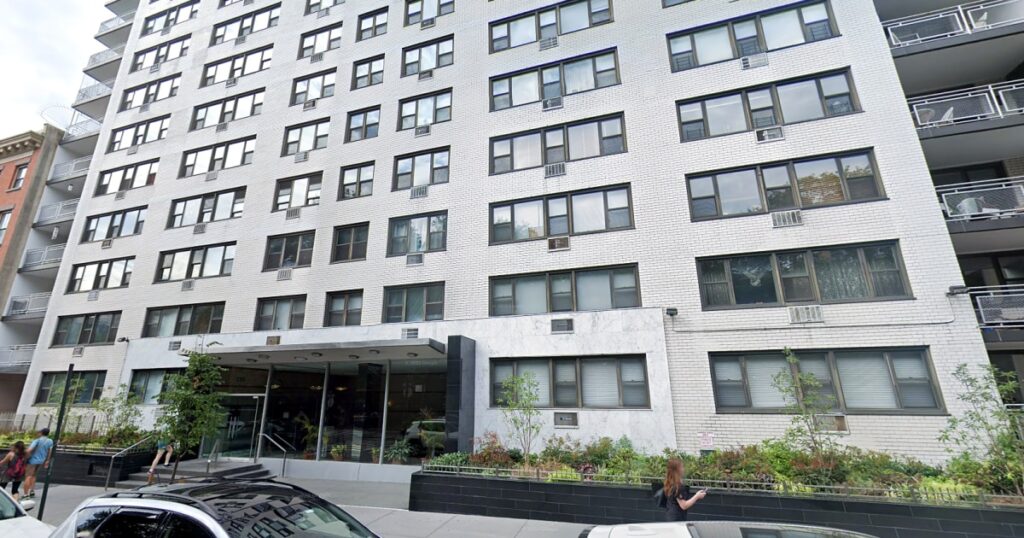
Chief Justice John Roberts helped President Donald Trump’s administration avoid paying nearly $2 billion in congressionally appropriated foreign aid funds — for now. But while it’s certainly a short-term win for the government, Roberts and his court’s next moves will determine how long this win will last.
That short-term win for Trump came in an order Wednesday night from Roberts. He paused a trial court judge’s demand that officials pay out more than a billion dollars for already completed aid work by midnight on Wednesday. Roberts’ order didn’t explain his thinking (such orders usually don’t); he just issued the temporary pause, known as an administrative stay, pending further order from him or the court, and he told the plaintiff nonprofit groups to submit a court filing on the matter by Friday at noon.
Roberts didn’t set a deadline for himself or the full court to rule after that, but a more definitive ruling from the justices could come sometime later on Friday.
The chief justice is handling the matter in the first instance because each justice is in charge of fielding emergency litigation from geographic regions around the country, and Roberts’ assigned region includes the District of Columbia, where this case comes from. Justices can decide emergency applications themselves or can refer them to the full court. Justices generally refer more substantive matters to the full court, so we should hear what his colleagues think about all this soon.
For now, we’ve only heard from Roberts — and we don’t know his reasoning for granting temporary relief to the Trump administration. But he was faced with an application from the government on the eve of a midnight deadline that cast the trial judge’s order as a dramatic intervention on executive authority. “An administrative stay is warranted to ensure that the agencies are not placed in the position of violating a federal court order requiring payments on thousands of requests within a 30-some-hour deadline, despite their efforts, while this Court reviews the merits of their challenge,” acting solicitor general Sarah Harris wrote in her application.
So one way to look at Roberts’ order is that he’s buying time for the court to make a reasoned decision after hearing from both sides about whether to vacate U.S. District Judge Amir Ali’s order.
The other side might point out more of the case’s background and cast the government, rather than the Biden-appointed judge, as the unreasonable actor here. Ali issued a temporary restraining order on Feb. 13 because he found the government defendants’ blanket suspension of congressionally appropriated aid would cause irreparable harm and was likely “arbitrary and capricious” under federal law. Even then, his restraining order was narrower than what the plaintiffs had sought, and since then, he has declined to hold government officials in contempt, despite evidence submitted by plaintiffs that the government hasn’t complied.
But Ali has subsequently ordered the government to comply with his restraining order, and it’s the government’s challenge to that order that has gone up to the Supreme Court. Before Roberts temporarily relieved government officials of the obligation, they had until midnight Wednesday to pay all invoices and letter of credit drawdown requests for reimbursements on foreign aid-related contracts and grants for work completed prior to Feb. 13, when Ali issued the restraining order.
The emergency litigation is pending at the high court alongside the first Trump 2.0 case to reach the justices, over the president’s ability to fire Office of Special Counsel head Hampton Dellinger. The justices haven’t fully weighed in on that one yet, either, though more action could also come there soon. But even an initial procedural action in the Dellinger case — essentially putting off whether to weigh in on it yet — already divided the court last week. Democratic-appointed Justices Sonia Sotomayor and Ketanji Brown Jackson said the government’s application in the Dellinger case should’ve been rejected outright, while Republican-appointed Justices Neil Gorsuch and Samuel Alito dissented from the court’s refusal to immediately side with Trump.
So while these initial procedural moves have great practical importance in both the foreign aid and Dellinger cases, we still haven’t seen the full court spell out its views on Trump’s authority in his second term.
Subscribe to the Deadline: Legal Newsletter for expert analysis on the top legal stories of the week, including updates from the Supreme Court and developments in Donald Trump’s legal cases.



